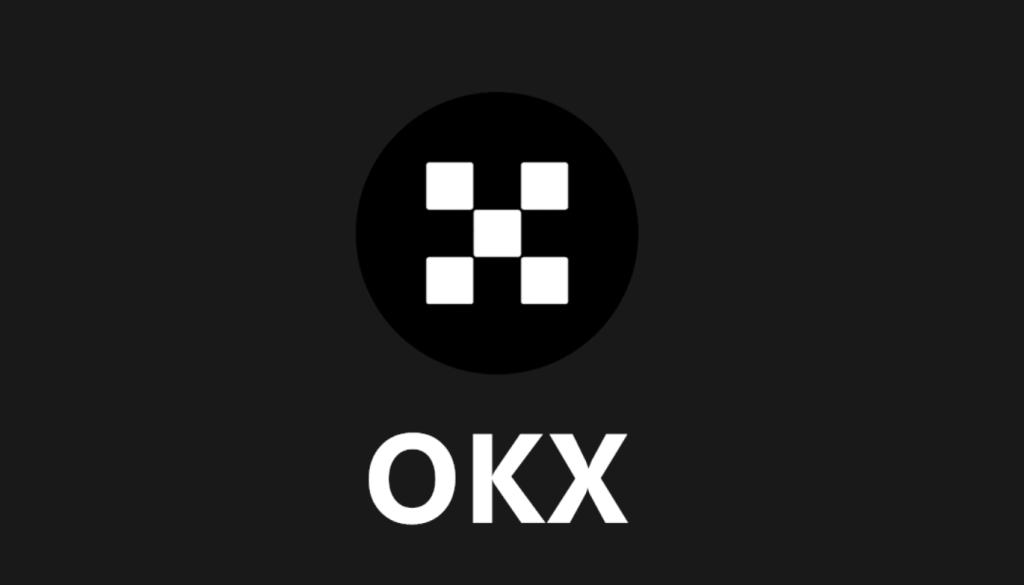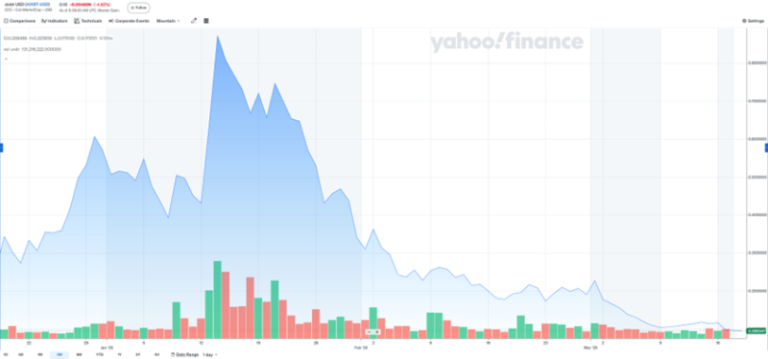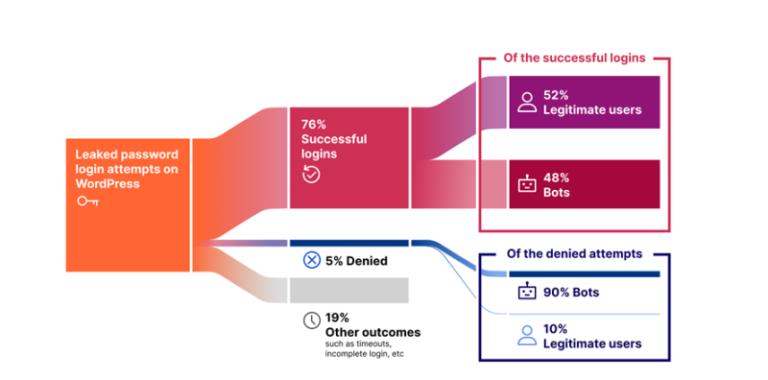
Following allegations by Bybit, European regulatory authorities are now investigating the cryptocurrency exchange OKX over suspicions that its Web3 platform may have facilitated money laundering operations for North Korean hackers, enabling them to process stolen cryptocurrency. Reports suggest that the total sum laundered could be as high as $100 million.
Previously, North Korean hackers exploited a vulnerability in SafaWallet to siphon off approximately $1.4 billion in cryptocurrency from Bybit. Since then, they have been laundering the stolen assets through various channels, with $300 million already successfully laundered and rendered untraceable.
On January 27, 2025, OKX obtained a Markets in Crypto-Assets (MiCA) license, granting it the legal authority to operate within all EU member states under a regulated framework, offering a wide range of cryptocurrency-related services.
Bybit CEO Ben Zhou stated that nearly $100 million (approximately 40,233 ETH) had already been laundered via OKX’s Web3 platform, with some funds now beyond traceability. He urged OKX to assist in preventing further illicit transactions by North Korean hackers through its Web3 infrastructure and to freeze the associated assets.
According to Bloomberg, EU regulators discussed the matter during a March 6 meeting, focusing on OKX’s decentralized finance (DeFi) platform and wallet services. However, a critical issue remains unresolved—whether OKX Web3 falls under the MiCA regulatory framework. If it does not, the EU may lack the jurisdiction to impose penalties on the exchange.
Currently, OKX Web3 wallet services boast 53 million unique addresses, supporting connectivity with 100 different blockchain networks. While a fully decentralized platform may not fall within MiCA’s regulatory scope, regulatory authorities in Austria and Croatia have asserted that OKX Web3 should be subject to EU legal oversight.
In response to these allegations, OKX has issued a formal statement denying the claims. The exchange refuted any EU investigation into its activities, accusing Bybit of spreading misinformation. OKX further dismissed the allegations of money laundering involvement as utterly baseless and absurd.


